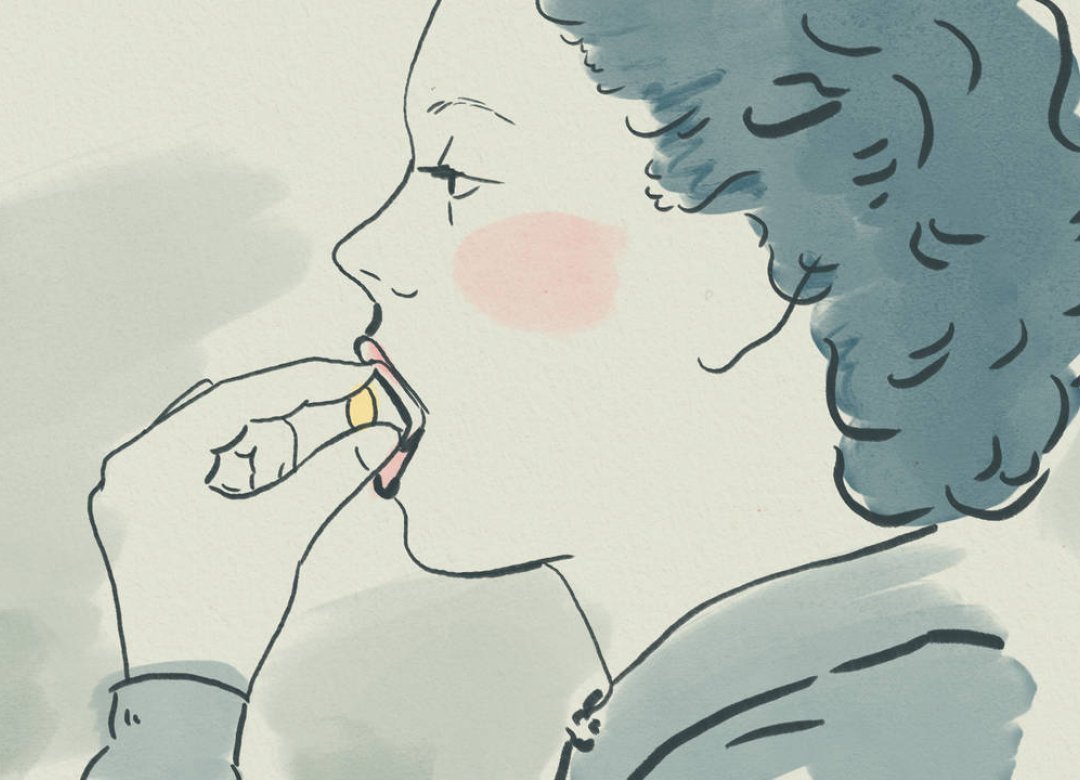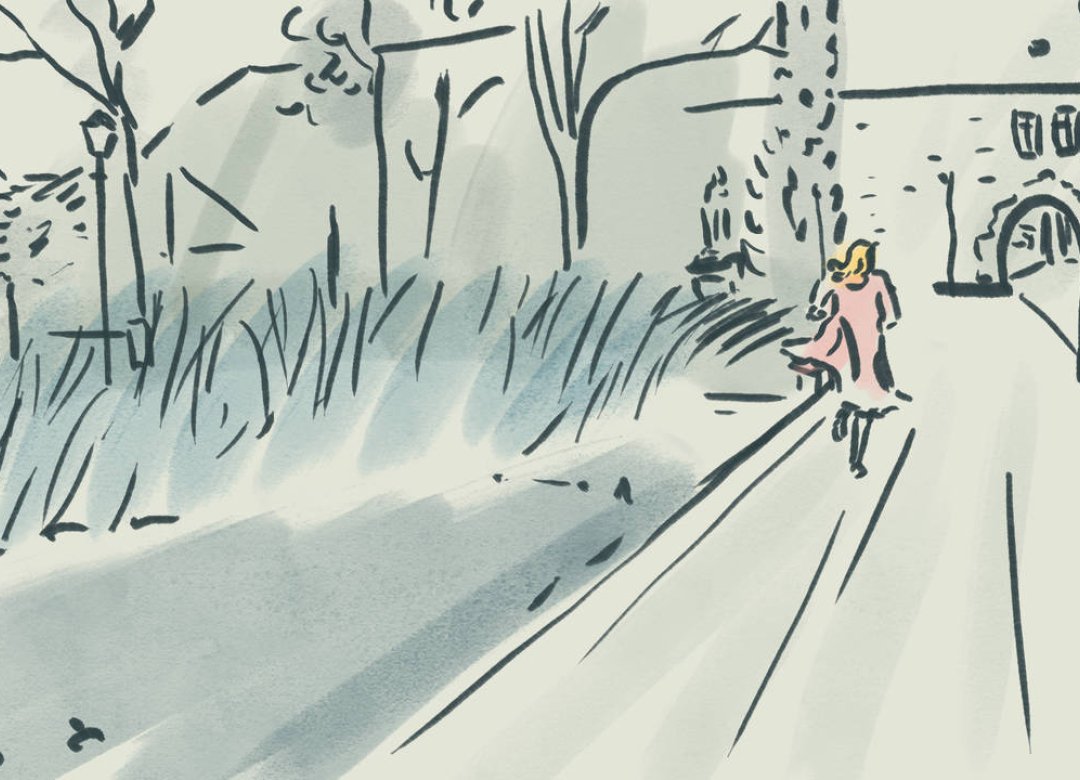Synopse
Třeboň, Occupied Czechoslovakia: a Nazi soldier points a gun at a mother, demanding milk and bread; a girl watches as the 4000 German soldiers camping behind her house are replaced by as many Soviets; a little girl pretends to be a mannequin in her grandmother’s shop to hide from SS officers.
The animated short documentary “Second Hand War” foregrounds wartime snapshots that didn’t make it to the history books, focussing on women’s experiences. The version of history portrayed is fragmentary and contradictory, privileging the fragile poetry of human subjectivity over verifiable facts.
Survivors’ memories are pieced together to create a subtle overview of daily life under occupation and what it meant to be a woman, while at the same time revealing the gaps in our collective memory.
The animated short documentary “Second Hand War” foregrounds wartime snapshots that didn’t make it to the history books, focussing on women’s experiences. The version of history portrayed is fragmentary and contradictory, privileging the fragile poetry of human subjectivity over verifiable facts.
Survivors’ memories are pieced together to create a subtle overview of daily life under occupation and what it meant to be a woman, while at the same time revealing the gaps in our collective memory.
Fotogalerie


